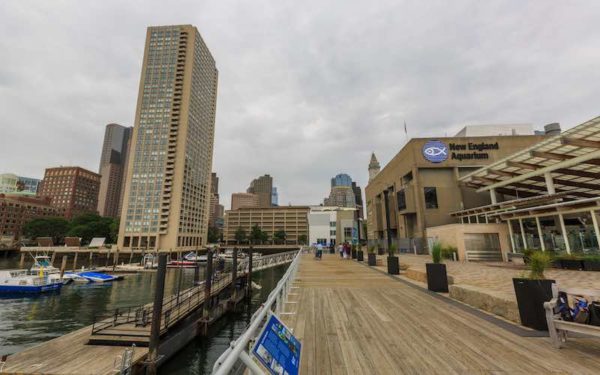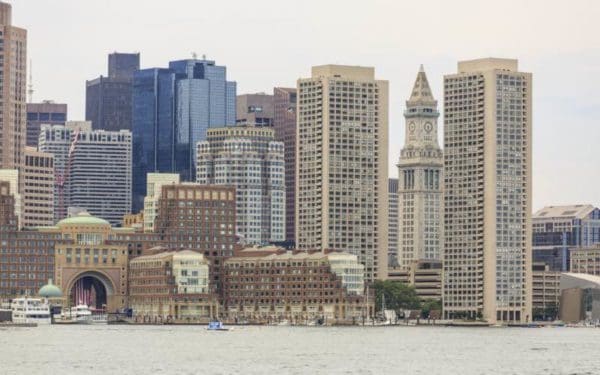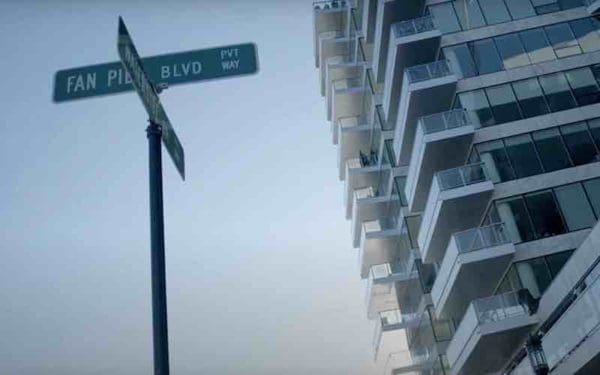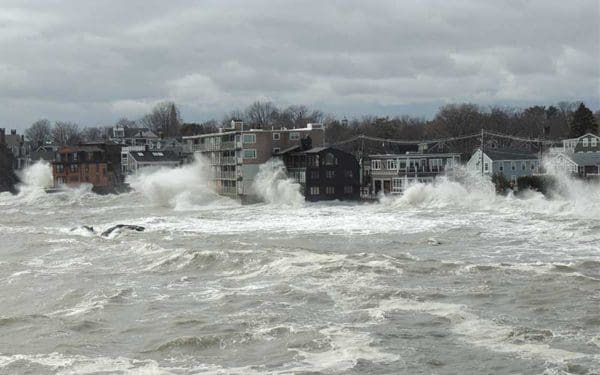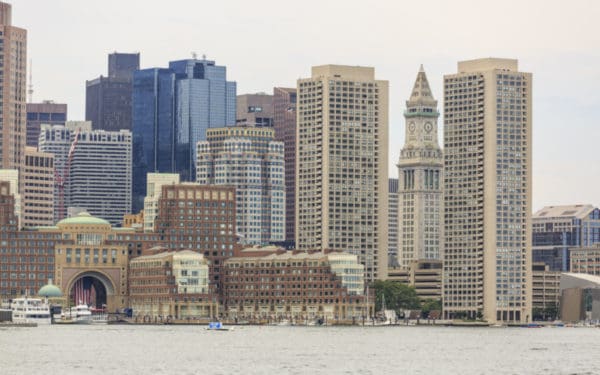May 14, 2021
“These regulations impact everyone in Massachusetts, “said Peter Shelley, Senior Counsel at CLF. “The state can’t just rubber-stamp its way out of this problem and ignore the tidelands development principles it broke. The public needs to be involved in every step of this process and officials must offer more than just two public meetings. Access to the waterfront is enshrined in Massachusetts law and it must stay that way.”
Apr 23, 2021
We should reimagine what can and should be built at the heart of the downtown Boston waterfront through the twin lenses of equity and resiliency—framing that was not a key priority when the current harbor plan was developed. The opportunity to protect the waterfront as a public asset and to make it a place where all Bostonians feel welcome does not come often. Let’s take it.
Apr 02, 2021
“They took a process that should be very public and very predictable and made it one that happens with a lot of private conversations between developers and cities and the secretary (of Energy and Environmental Affairs),” Shelley said. “We don’t think that’s good policy.”
Apr 02, 2021
“Public access to Boston’s beautiful waterfront won today,” said Peter Shelley, Senior Counsel at CLF. “State officials acted unlawfully in coming up with the Downtown Municipal Harbor Plan and handed private developers a free pass to create new rules to benefit themselves. The judge saw right through this effort and affirmed that only the state’s Department of Environmental Protection can make decisions that protect the public’s centuries-old right to access the water and waterfront.”
Oct 14, 2020
Private developers deliberately obscure the lines between public and private space along Boston’s waterfront – with the goal to make the general public feel unwelcome – even though we all have the legal right to access much of our waterfront lands. It’s time for private developers to become part of the solution to create a vibrant and welcoming Boston Harbor for all.
Sep 28, 2020
Too many of Eastie’s residents don’t have access to Boston Harbor despite it being the longest stretch of waterfront in the city and having the most striking views. The COVID-19 pandemic has shown us both the need for better open spaces and recreation areas for communities of color and the hurdles they face when it comes to actually using that space. Nowhere is that clearer than in East Boston.
Sep 25, 2020
Addressing physical infrastructure only will never be enough to ensure that our communities and our neighbors can both withstand climate impacts and bounce back quickly when catastrophe strikes. The neighborhoods highlighted in this study are currently the highest risk in terms of both the social and physical risks of climate impacts in the City of Boston. The City can and must support and develop climate resilience hubs to ensure that our communities have the resources they need now and into the future.
Jun 23, 2020
The string of nor’easters we had in 2018 was a wake-up call: There was a viral video of a dumpster floating down Seaport Boulevard. But the unfortunate reality is a lot of the Seaport is already built out. The city of Boston has done a great job of planning for climate change, but we’ve moved pretty slowly on implementation, so the opportunity we had to leverage private development to get dollars for some of these district-wide resilience projects has come and gone
Dec 18, 2019
From Cape Ann to Cape Cod, our infrastructure is not built to withstand the increasing impacts of storm floods, high winds, and soaking rain. This fact not only affects the health and safety of our residents but will also have an enormous influence on the region’s economic competitiveness.
Dec 11, 2019
“This rule is a critical step forward in preparing Boston for the impacts of the climate crisis we know are coming,” said Deanna Moran, Director of Environmental Planning at CLF. “Protecting natural resources does not have to come at the expense of critical climate adaptation measures, and this ordinance strikes the right balance.”
